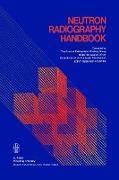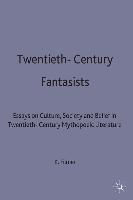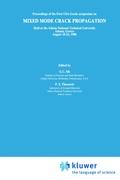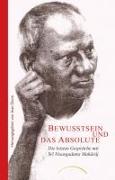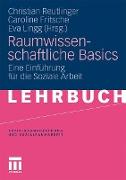- Start
- Neutron Radiography Handbook
Neutron Radiography Handbook
Angebote / Angebote:
Radiography with neutrons can yield important information not obtainable by more traditional methods. In contrast to X-rays as the major tool of visual non-destructive testing, neutrons can be attenuated by light materials like water, hydrocarbons, boron, penetrate through heavy materials like steel, lead, uranium, distinguish between different isotopes of certain elements, supply high quality radiographs of highly radioactive components. These advantages have led to multiple applications of neutron radiography since 1955, both for non-nuclear and nuclear problems of quality assurance. The required neutron beams originate from radioisotopic sources, accelerator targets, or research reactors. Energy "tailoring" which strongly influences the interaction with certain materials adds to the versatility of the method. Since about 1970 norms and standards have been introduced and reviewed both in Europe (Birmingham, September 1973) and the United States (Gaithersburg, February 1975). The first world conference on neutron radiography will take place in December 1981, in San Diego, U.S.A. . In Europe the interested laboratories inside the European Community have entered into systematic collaboration through the Neutron Radiography Working Group (NRWGl. since May 1979. This Handbook has been compiled as one of the common tasks undertaken by the Group. Its principal authors are J.C. Domanus (Ris0 National Laboratory). and R.S. Matfield (Joint Research Centre, Ispra) Major contributions have been received from R. Liesenborgs (SCK/CEN Mol) R. Barbalat (CEN Saclayl.
Folgt in ca. 15 Arbeitstagen
